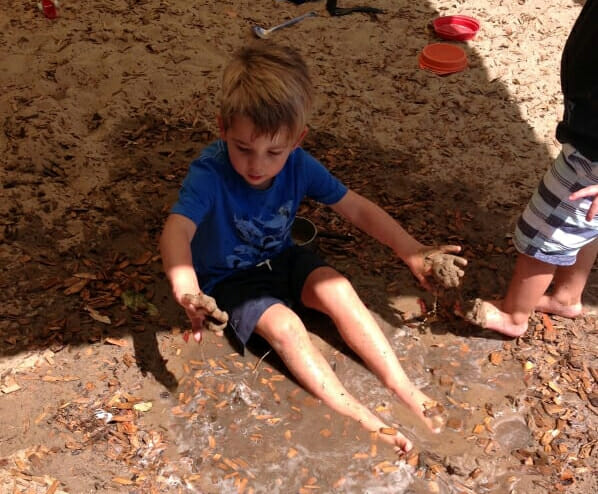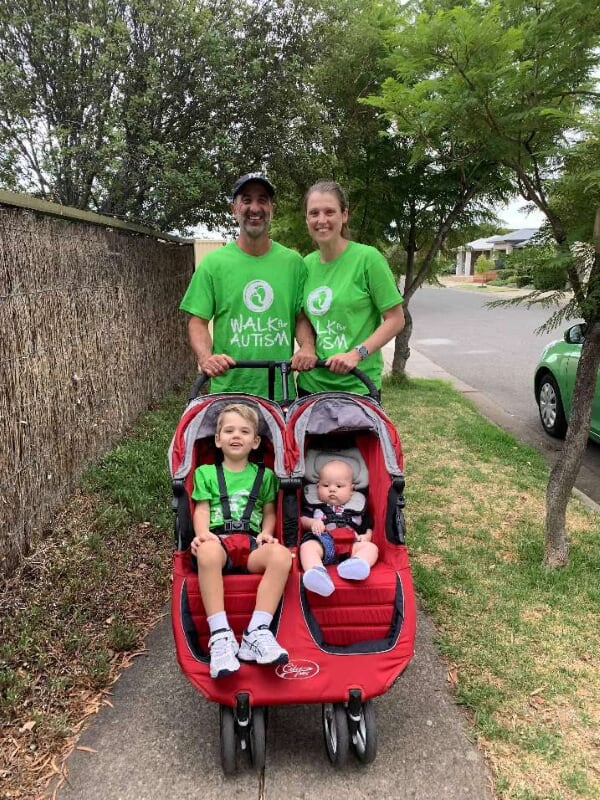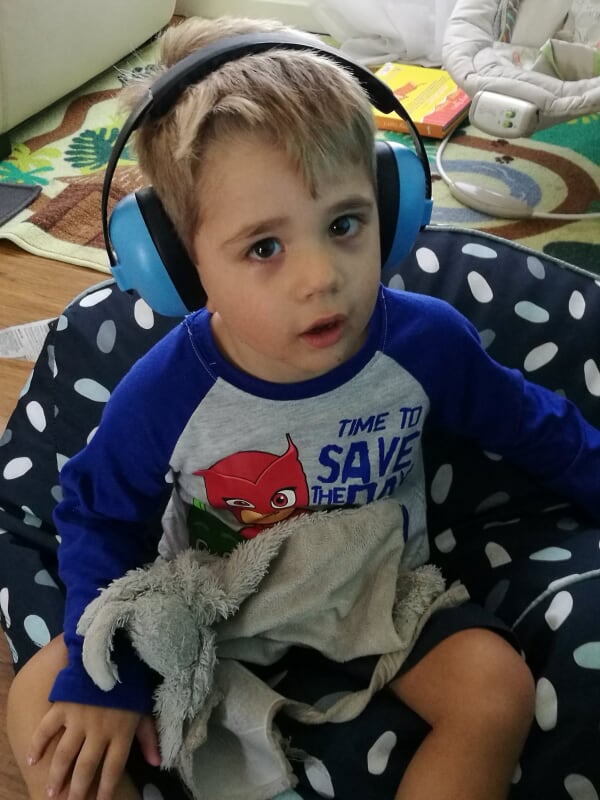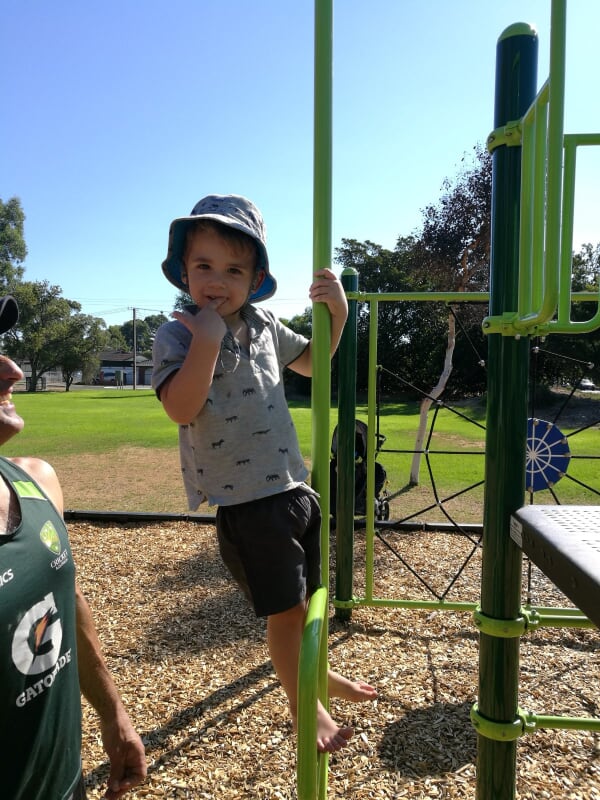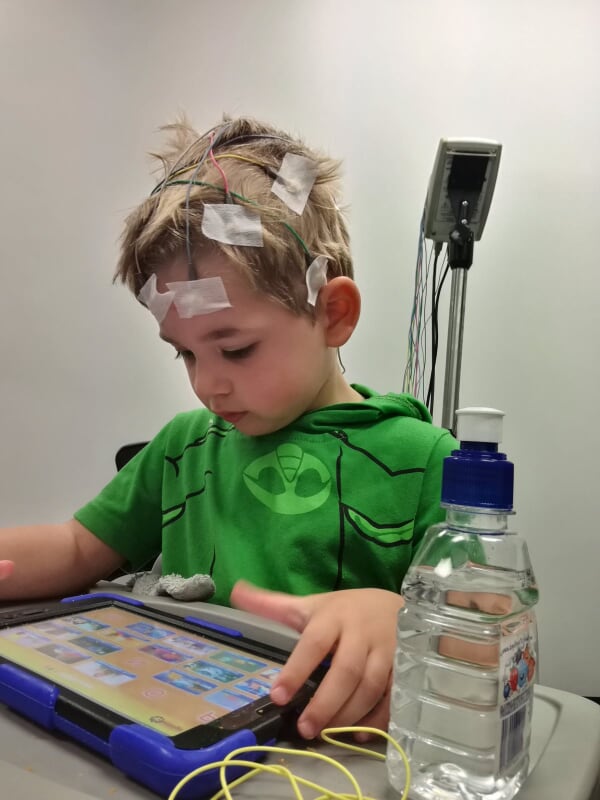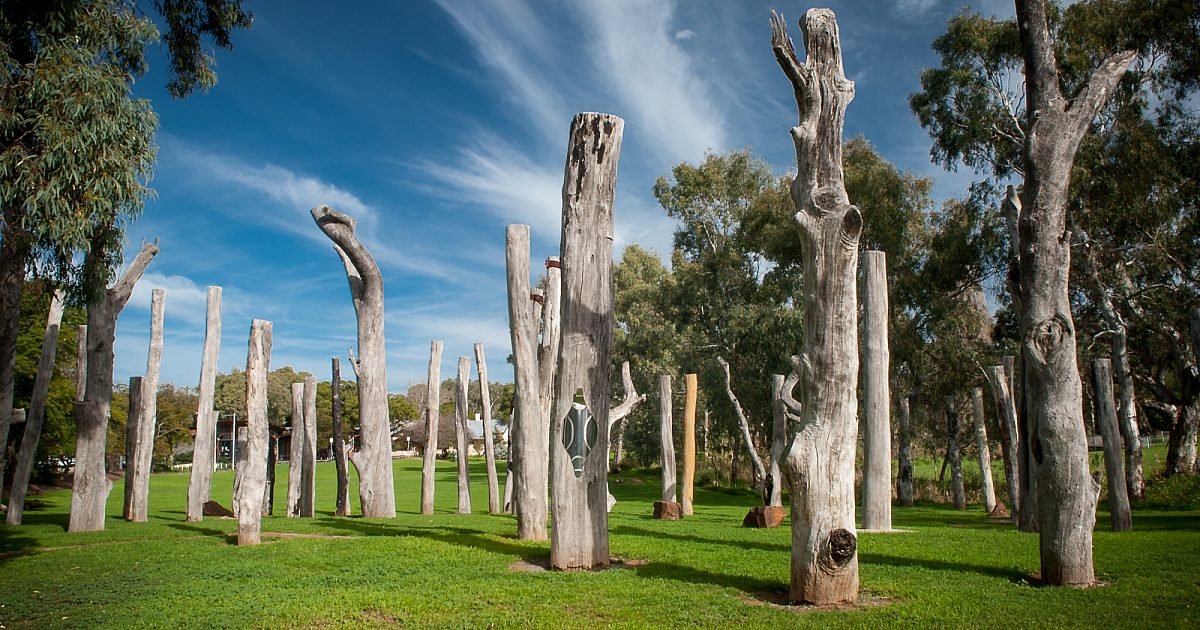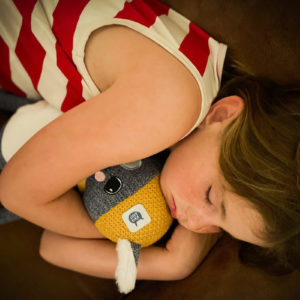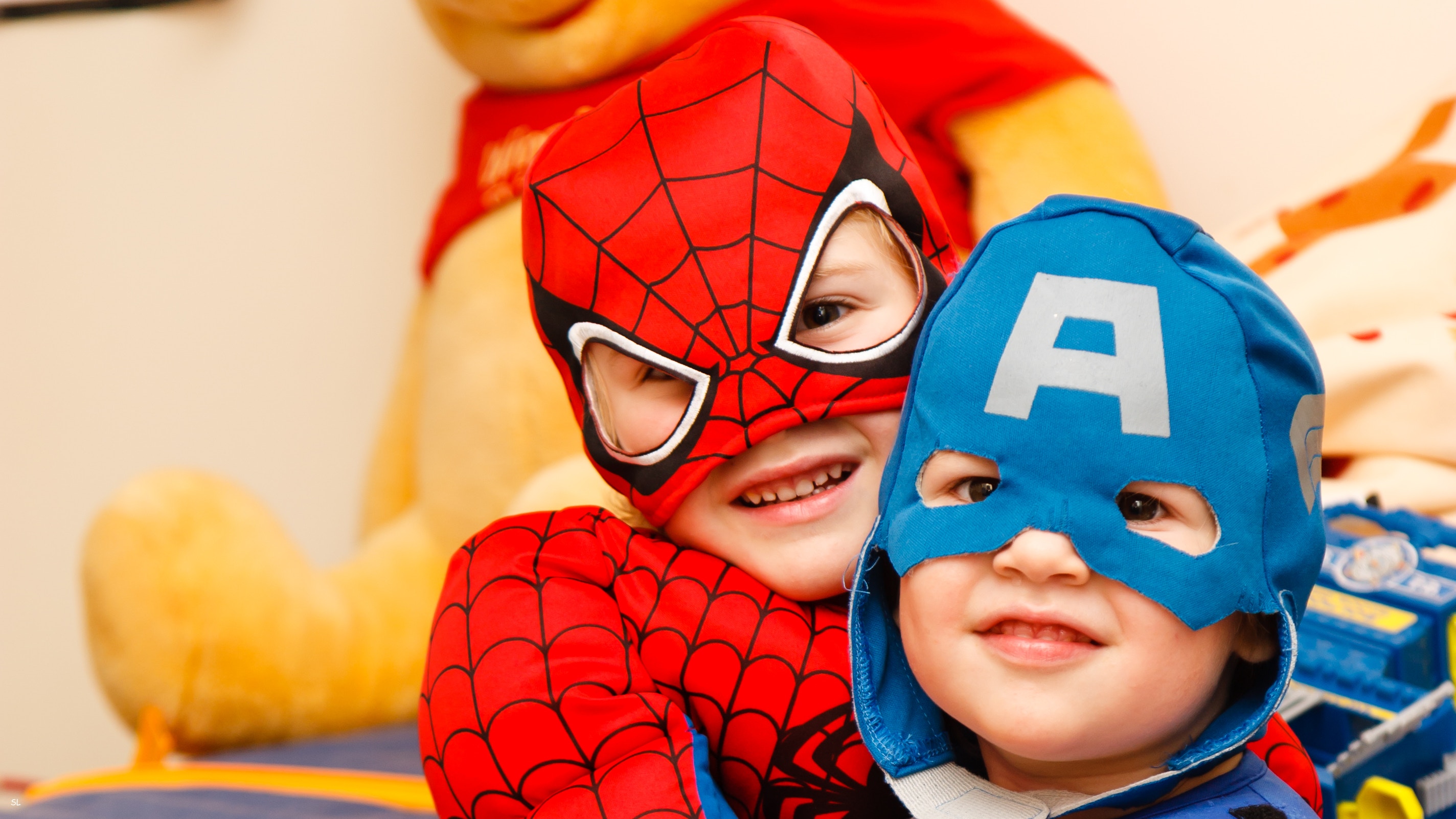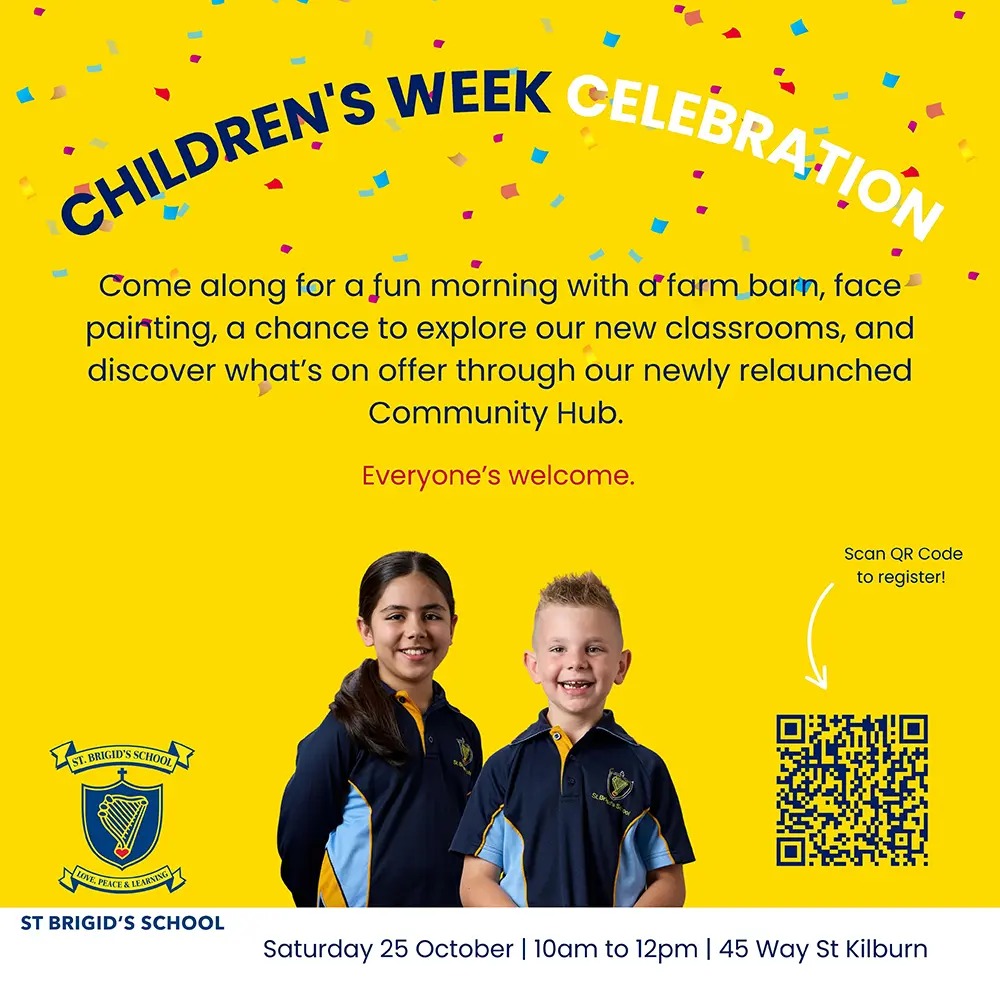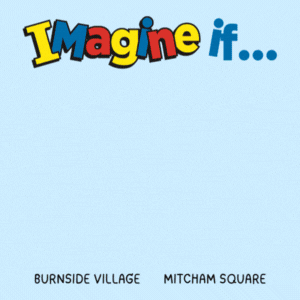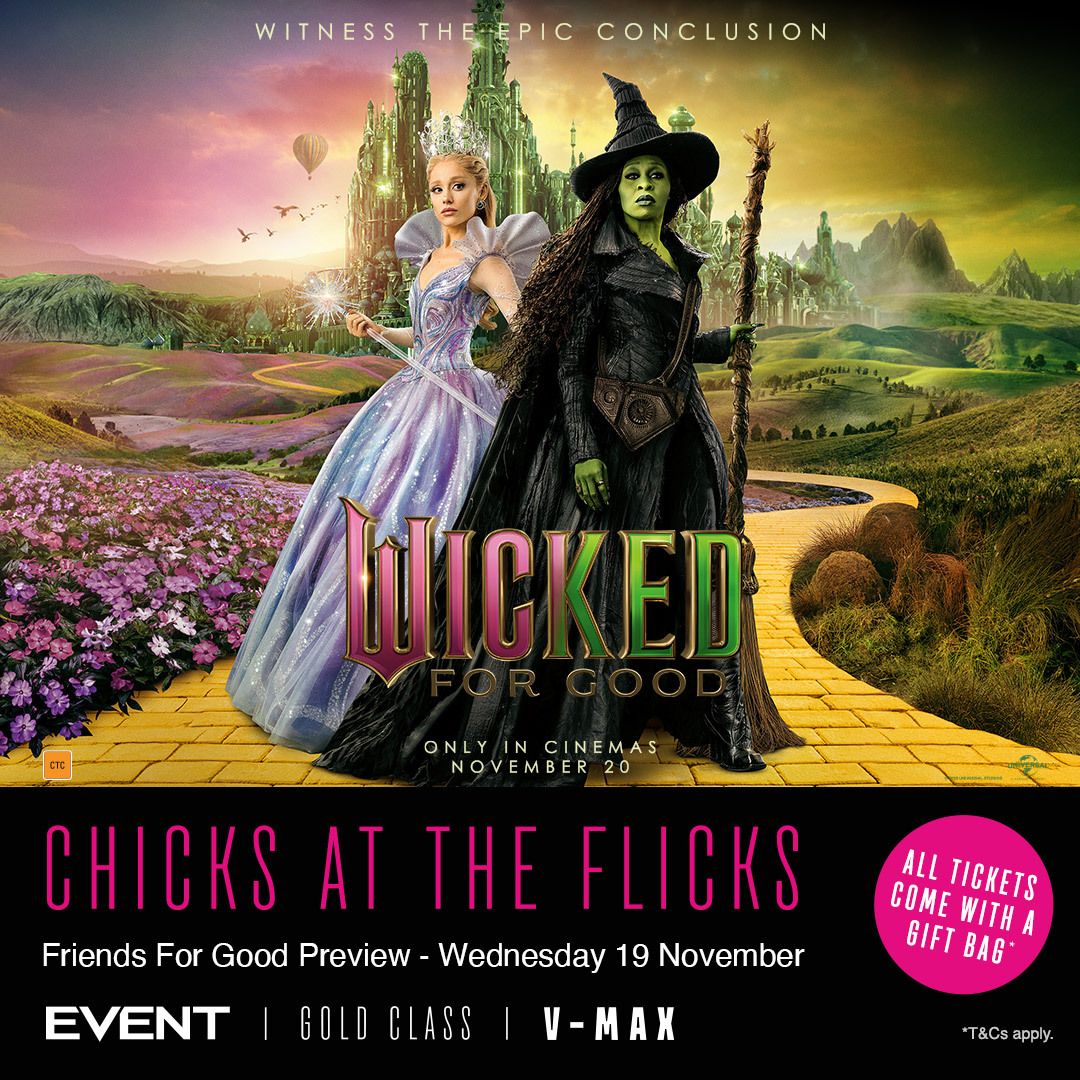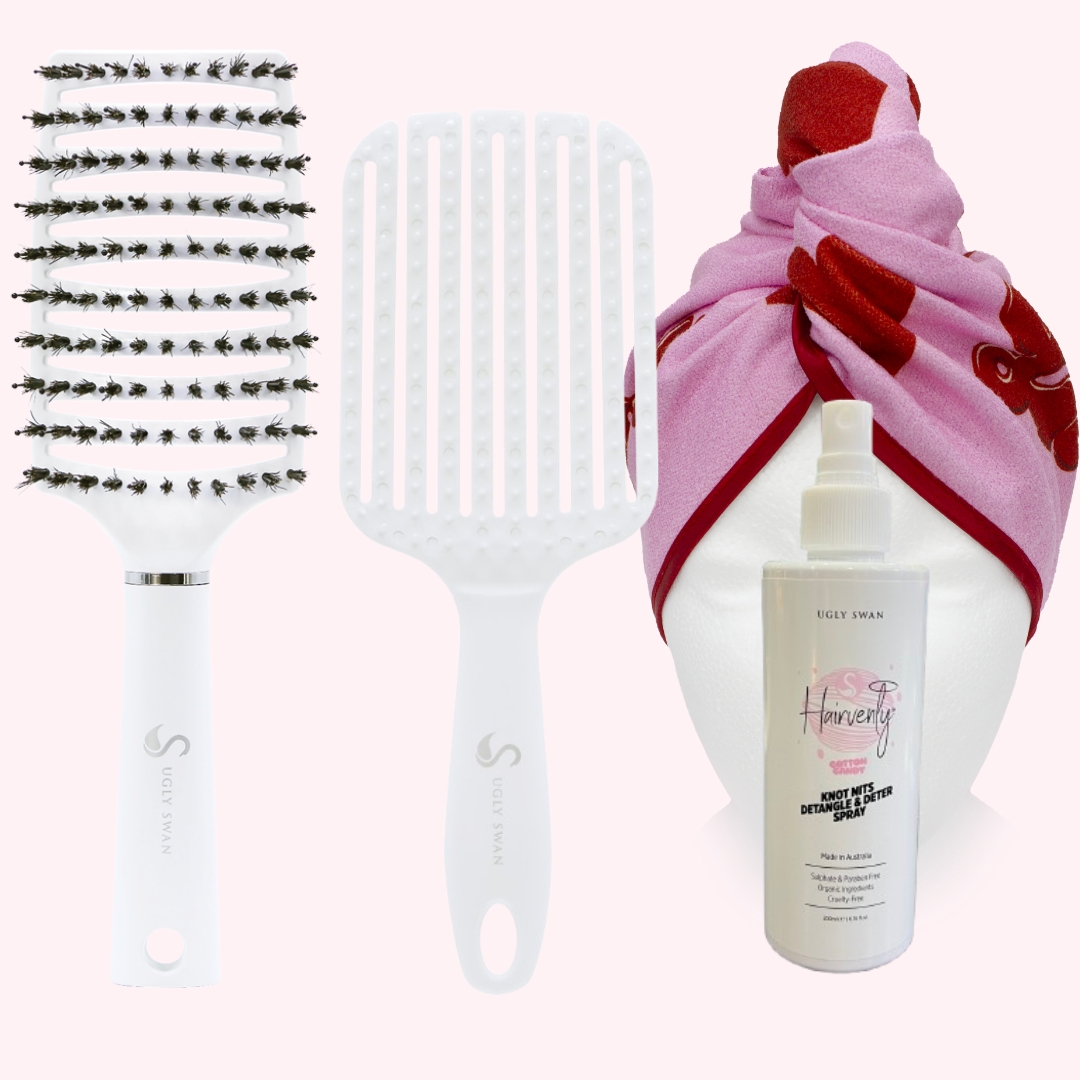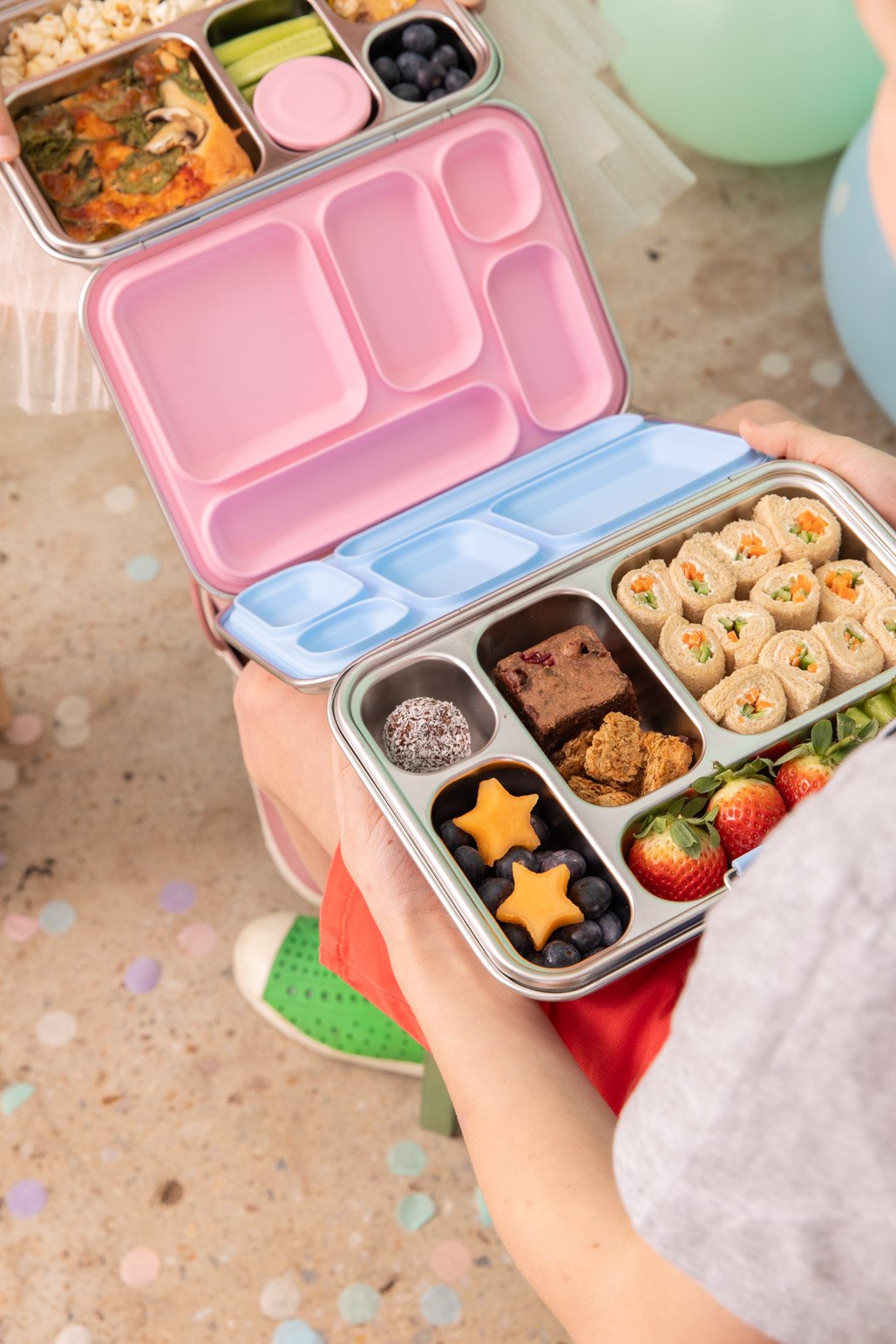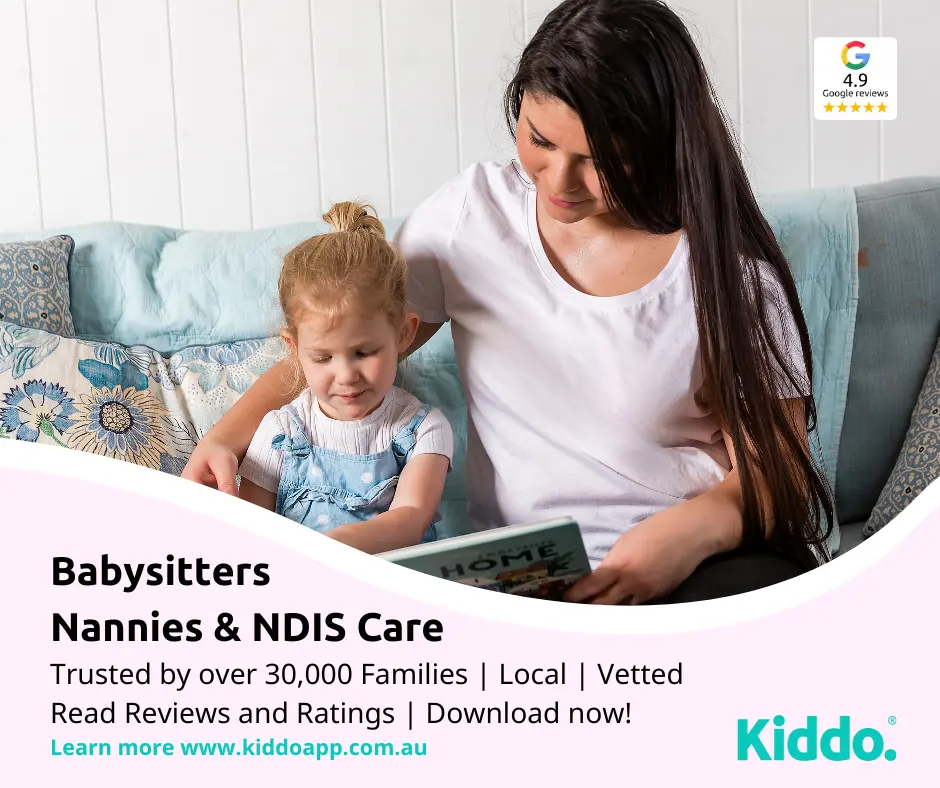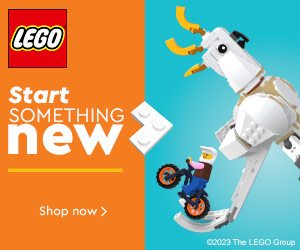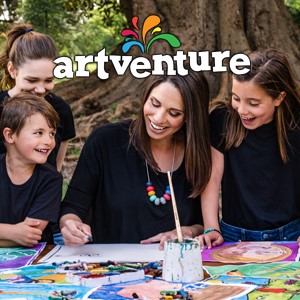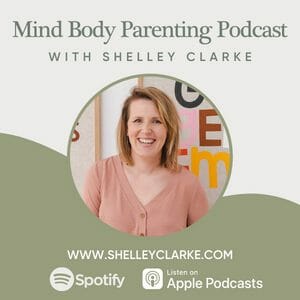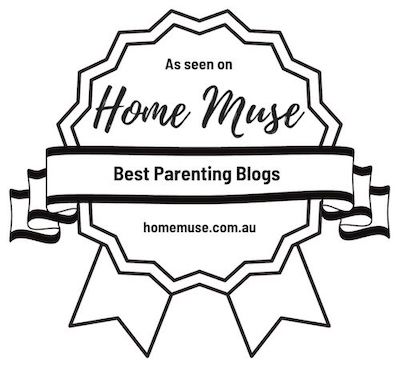In November last year, my husband Pete and I were given the news that our now three year old son, George, has autism. This diagnosis, and in particular the behaviours and difficulties that autism imposes on our lives, have been life changing for all of us. We adore our son and because of this we are totally committed to doing whatever we can to support him, to give him a wonderful life and help him to reach his potential. However, since being “tarred with the autism-brush”, we have also felt the need to become fiercely protective of George, far more so than before the diagnosis, when we were as the parents of a “normal” child.
It has become so clear to me that people do not understand autism. At all. This is by no means a criticism. Indeed, autism is a very complex beast and each person with autism has an entirely unique set of strengths and challenges. I will be the first to admit that before our son was diagnosed I had no idea what autism actually was, how difficult it made even basic daily tasks and the host of other side-issues that came along for the ride. And because the people around us, loved ones and strangers alike, lack so much understanding, it only adds to the weight on our shoulders. Not only do we have to battle through each day to do even the simplest of things but we also have to defend and explain ourselves and our son over and over again. It is in a word, exhausting.
Early on in my autism journey I actually didn’t want to tell anyone about George having autism. I thought it was nobody’s business and I didn’t want autism to define George and to have all of his delightfully endearing qualities overlooked. But, as his mum, I have since made a very conscious choice to be as open as possible about what is going on in our family. Autism is a major part of our life. George is, and always will be autistic. Everything he does throughout his life will be flavoured by this. I want him to stand tall and be confident and comfortable in his own skin. I want him to feel that there is no part of who he is that should be kept hidden away. And I realised after some time that if this is what I want for him, then it must start with me. I’m not writing about any of this for pity, attention or sympathy. I’m doing it because I want to set the best example I can for my son.
In my first act of openness and honesty, earlier this year I posted a series of autism insights on my Facebook page, to let those around us, who love and care about us, know what was really going on and how autism was affecting our lives. The response was amazing and the love and support we have felt from those who read the posts certainly reassured me that sharing our personal story was the right thing to do. I was approached by Kids in Adelaide to share these insights with all of you, to help a wider audience gain a better understanding about autism. I am excited and very grateful to have this opportunity but also apprehensive about sharing our family’s journey with total strangers. But, wherever there is an opportunity to help raise awareness about autism I will be there. So here I am.
By sharing the intimate details of our family’s life with you I hope to be able to break down some of the stereotypes and clichés around autism. I also intend to explain why the challenges in our family are so complex and why autism has been life-changing for us just as it is for so many other families. I can’t speak for other families, our story is unique. But the more stories you read and hear, the more you will understand autism and this will go a long way to help make living on the spectrum easier for my son and the many, many people like him.
So please, let’s talk more about autism. Talk freely, talk honestly, there is no need to whisper the word or talk around it. Saying the word quietly only makes it harder to hear you, it does not protect us from the autism nor does it remind us that our child has autism…we never forgot. Ask questions if you have them. If you ask questions it shows you care and that in itself is a wonderful gesture. Most importantly, take the time to try to understand the person in your life with autism a little better. Each individual person has their own interests and these are the key to connecting with them.
I’ll finish my introduction with the disclaimer that as you read our story please remember that I am not an autism expert by any stretch. Whatever you read is simply words from the heart of a mother raising a beautiful child with autism, and all the things I have learnt and experienced on that journey. If you choose to read my insights, thank you so much for taking the time out of your own life to learn a little more about ours. Through reading you may learn things that allow you to be more inclusive of people like my little George and if that is the case then, as his mother, there is nothing more I could wish for.







